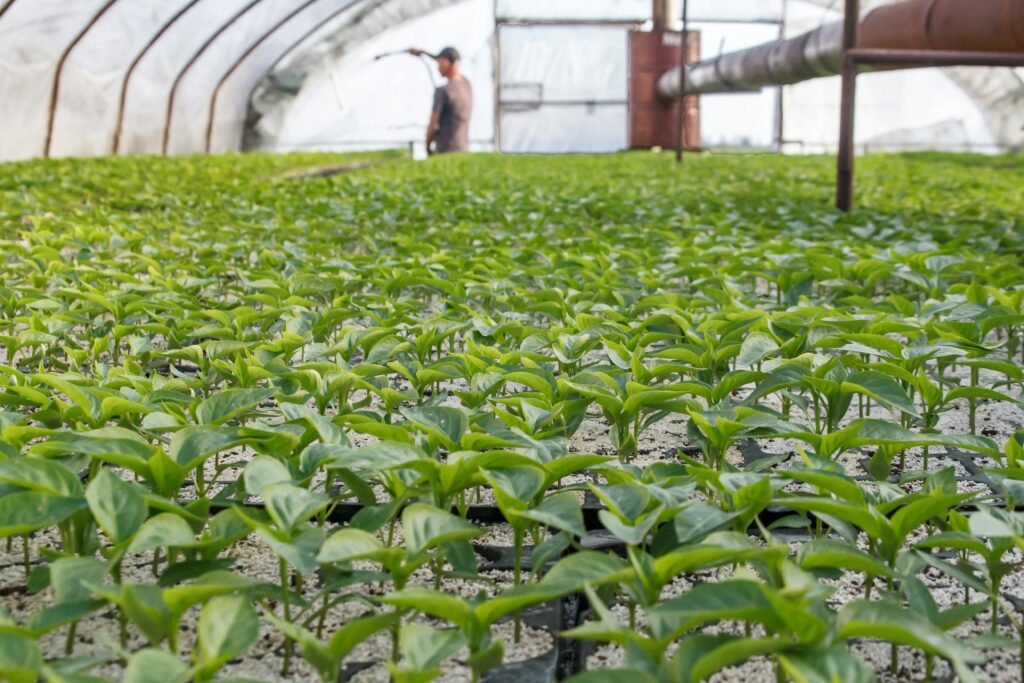
In 2025, sustainability is no longer a buzzword; it’s a business imperative. Companies are increasingly adopting sustainable practices to reduce environmental impact, meet consumer demand, and drive long-term profitability. From energy efficiency to ethical supply chains, sustainable business practices not only benefit the planet but also enhance brand reputation and operational efficiency. As global challenges like climate change intensify, businesses that prioritize sustainability gain a competitive edge while contributing to a healthier future. In this guide, we’ll explore actionable sustainable business practices for 2025, helping you align your operations with eco-friendly principles and industry trends.
Why Sustainability Matters in 2025
Sustainability is critical in addressing global challenges like climate change, resource depletion, and pollution. For businesses, adopting sustainable practices offers numerous benefits:
- Enhanced Brand Reputation: Consumers prefer eco-conscious brands.
- Cost Savings: Energy-efficient processes and waste reduction lower operating costs.
- Compliance: Stay ahead of tightening environmental regulations.
- Investor Appeal: ESG (Environmental, Social, and Governance) criteria are now key investment factors.
By implementing sustainable practices, businesses contribute to a healthier planet while securing their future growth.
Key Sustainable Business Practices for 2025
1. Energy Efficiency
Reducing energy consumption is one of the most impactful ways to promote sustainability.
- Adopt LED Lighting: Replace traditional bulbs with energy-efficient LEDs.
- Use Smart Thermostats: Optimize heating and cooling systems to save energy.
- Install Renewable Energy Sources: Solar panels and wind turbines reduce reliance on fossil fuels.
- Conduct Energy Audits: Identify inefficiencies and implement cost-effective solutions.
2. Sustainable Supply Chains
A sustainable supply chain minimizes environmental and social harm.
- Choose Local Suppliers: Reduce carbon emissions from transportation.
- Source Responsibly: Opt for suppliers with certifications like Fair Trade or FSC.
- Minimize Packaging: Use biodegradable or recycled materials.
- Monitor Supply Chain Practices: Ensure ethical labor and sustainable resource use.
3. Waste Reduction
Implementing waste management strategies reduces landfill contributions and conserves resources.
- Recycle and Reuse: Set up recycling programs for paper, plastic, and electronics.
- Compost Organic Waste: Convert food scraps and other organic materials into compost.
- Go Paperless: Transition to digital communication and documentation.
- Offer Sustainable Products: Create products with minimal packaging and long lifespans.
4. Water Conservation
Water scarcity is a growing concern, making conservation essential for businesses.
- Install Low-Flow Fixtures: Reduce water usage in restrooms and kitchens.
- Harvest Rainwater: Use it for landscaping or non-potable needs.
- Monitor Usage: Track water consumption and address leaks promptly.
- Educate Employees: Encourage water-saving habits within the workplace.
5. Employee Engagement in Sustainability
Your workforce plays a crucial role in implementing sustainable practices.
- Provide Training: Educate employees on eco-friendly practices and the company’s sustainability goals.
- Encourage Remote Work: Reduce commuting emissions by supporting hybrid work models.
- Green Workspaces: Create eco-friendly office spaces with plants, natural lighting, and energy-efficient designs.
- Recognize Contributions: Reward employees who actively participate in sustainability initiatives.
6. Green Transportation
Transportation is a significant source of emissions. Businesses can reduce their carbon footprint by:
- Promoting Public Transport or Carpooling: Encourage employees to use eco-friendly commuting options.
- Electrifying Fleets: Transition company vehicles to electric or hybrid models.
- Optimizing Delivery Routes: Use AI and logistics software to reduce fuel consumption.
- Supporting Bike-Friendly Policies: Install bike racks and shower facilities to encourage cycling.
7. Sustainable Product Development
Eco-friendly products attract environmentally conscious consumers and differentiate your brand.
- Design for Durability: Create long-lasting products to reduce waste.
- Use Sustainable Materials: Source recycled, biodegradable, or renewable materials.
- Conduct Life Cycle Assessments: Evaluate the environmental impact of your products from production to disposal.
- Certify Your Products: Achieve eco-label certifications to validate your sustainability claims.
Measuring and Reporting Sustainability Efforts
To build trust and accountability, businesses should measure and report their sustainability performance.
Steps to Effective Reporting:
- Set Clear Goals: Define measurable sustainability objectives.
- Track Progress: Use software to monitor energy usage, emissions, and waste.
- Adopt Frameworks: Follow standards like the Global Reporting Initiative (GRI) or Carbon Disclosure Project (CDP).
- Publish Reports: Share your progress with stakeholders through annual sustainability reports.
Transparent reporting demonstrates your commitment to sustainability and strengthens stakeholder relationships.
Trends in Sustainable Business Practices for 2025
1. Circular Economy Adoption
The circular economy minimizes waste by reusing, recycling, and repurposing materials. Businesses are shifting from linear models to sustainable circular processes.
2. Carbon Neutrality Goals
More companies are committing to net-zero emissions by offsetting their carbon footprint through renewable energy, carbon credits, and reforestation projects.
3. Green Technology Integration
Technological innovations like AI, IoT, and blockchain are being used to optimize resource efficiency and track sustainability metrics.
4. Collaborative Initiatives
Businesses are forming partnerships to tackle sustainability challenges collectively, such as joining industry-specific eco-networks or signing global agreements like the UN Global Compact.
Practical Tips for Starting Your Sustainability Journey
- Start Small: Focus on one area, such as energy efficiency, before expanding efforts.
- Involve Stakeholders: Engage employees, suppliers, and customers in sustainability initiatives.
- Leverage Incentives: Take advantage of tax credits and grants for green initiatives.
- Stay Informed: Keep up with the latest sustainability trends and regulations.
Conclusion
Sustainable business practices are no longer optional—they’re essential for thriving in today’s eco-conscious world. By embracing strategies like energy efficiency, waste reduction, and ethical supply chains, businesses can drive positive change while boosting their bottom line. In 2025, companies that prioritize sustainability will not only contribute to a healthier planet but also gain a competitive edge in the market. Start your journey toward sustainability today and lead the way in building a greener, more resilient future.

